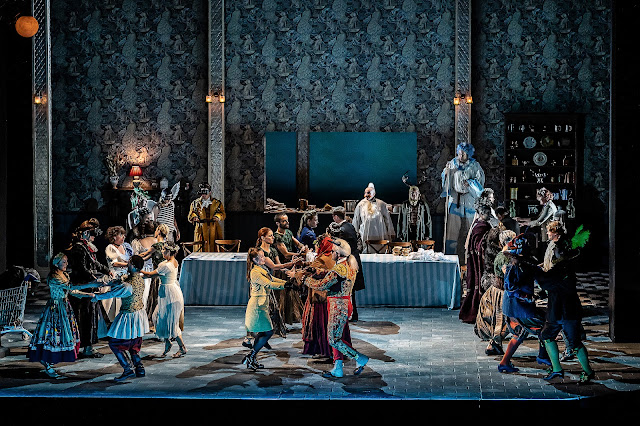 |
| David: Lalla-Roukh - Wexford Festival Opera (Photo CLIVE BARDA ArenaPAL) |
Félicien David: Lalla-Roukh; Gabrielle Philiponet, Pablo Bemsch, Ben McAteer, Niamh O'Sullivan, director: Orpha Phelan, conductor Steven White; Wexford Festival Opera at the National Opera House, Wexford
Reviewed 30 October 2022 (★★★★)
David's delightful Orientalist fantasy in an imaginative translocation with winning performances from an international cast
Wexford Festival Opera staged Félicien David's 1859 opera Herculaneum in 2016; the composer's only fully sung grand opera; his other four stage works were all written as opera comique with spoken dialogue. As part of the 2022 Magic and Music season, Wexford Festival Opera staged Félicien David's Lalla-Roukh, written in 1862 for the Opéra Comique but having a local connection as the libretto is based on the eponymous poem by Irish poet Thomas Moore, whose mother was from Wexford.
We caught a performance on 30 October 2022 in the O'Reilly Theatre at the National Opera House, Wexford. Orpha Phelan directed, Steven White conducted, designs were by Madeleine Boyd, lighting by D M Wood, choreography by Amy Share-Kissiov. Gabrielle Philiponet was Lalla-Roukh, Pablo Bemsch was Nourreddin, Ben McAteer was Baskir, Niamh O'Sullivan was Mirza, plus Emyr Wyn Jones and Thomas D Hopkinson, and Lorcan Cranitch as the narrator.
 |
| David: Lalla-Roukh - Pablo Bemsch - Wexford Festival Opera (Photo CLIVE BARDA ArenaPAL) |
The opera was sung in Michel Carré and Hippolyte Lucas' original French whilst the original dialogue was replaced by new narration in rhyming couplets by Timothy Knapman.


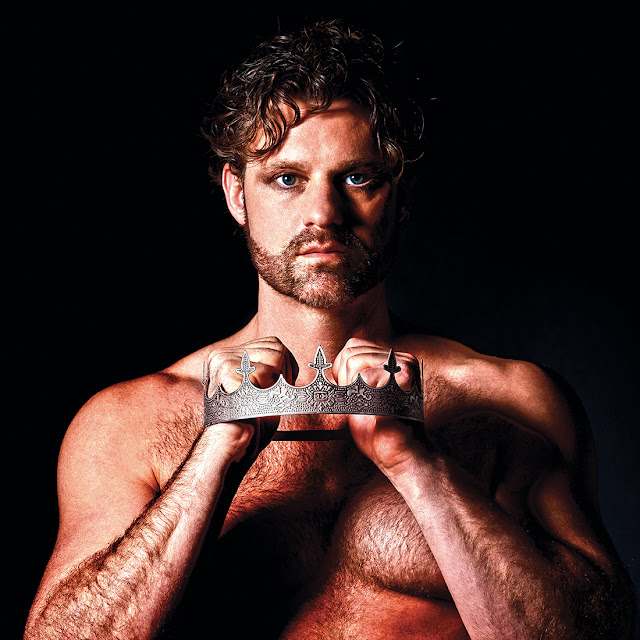










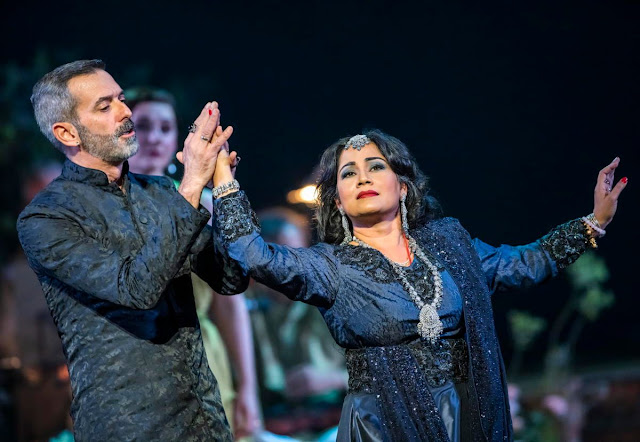
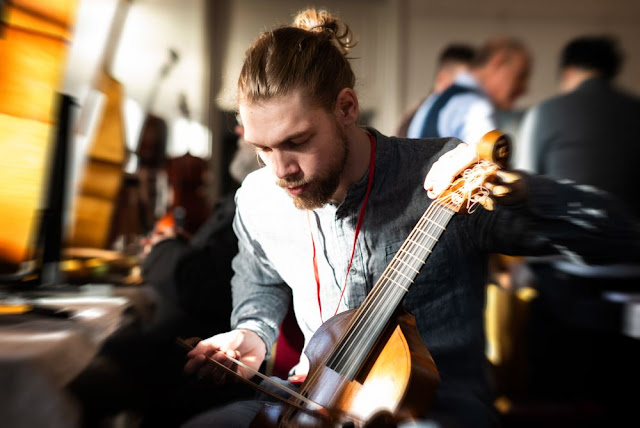

%20Dimitri%20Djuric%20LO%20RES.jpeg)

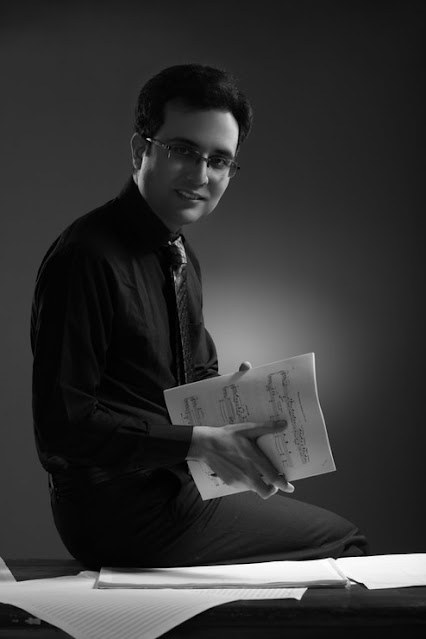

.png)
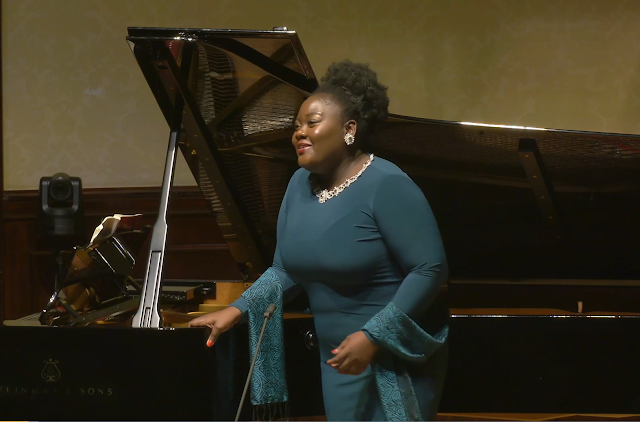





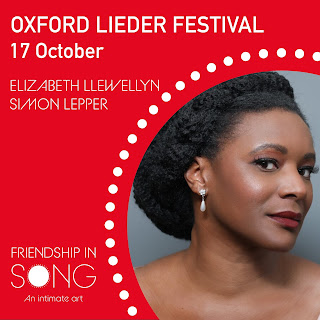


.jpg)








